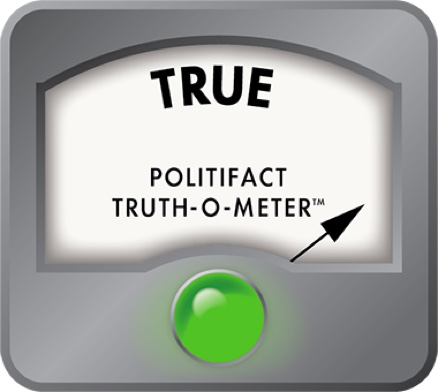Many black legislators supported that law too. It wasn't considered bigoted or racist by many. It was considered to be a good common sense law.
The southern strategy is 90% myth. It's not about supporting racist laws and policies at all and Republicans solidified their support in the south more by appealing to conservative Christian values such as pro-life and supporting traditional marriage. You may not like those positions, but they're not racist.
Here is what Atwater said in an interview, am I misreading it? I have replaced the you know what word with just an N. He suggests that it might be because it hurts Blacks more, but he does say it is coded and you can get away with more. Would not Atwater have known about this code?
Atwater: As to the whole Southern strategy that Harry S. Dent, Sr. and others put together in 1968, opposition to the Voting Rights Act would have been a central part of keeping the South. Now you don't have to do that. All that you need to do to keep the South is for Reagan to run in place on the issues that he's campaigned on since 1964, and that's fiscal conservatism, balancing the budget, cut taxes, you know, the whole cluster.
Questioner: But the fact is, isn't it, that Reagan does get to the Wallace voter and to the racist side of the Wallace voter by doing away with legal services, by cutting down on food stamps?
Atwater: Y'all don't quote me on this. You start out in 1954 by saying, "N, n, n". By 1968 you can't say "******"—that hurts you. Backfires. So you say stuff like forced busing, states' rights and all that stuff. You're getting so abstract now [that] you're talking about cutting taxes, and allAtwater: As to the whole Southern strategy that Harry S. Dent, Sr. and others put together in 1968, opposition to the Voting Rights Act would have been a central part of keeping the South. Now you don't have to do that. All that you need to do to keep the South is for Reagan to run in place on the issues that he's campaigned on since 1964, and that's fiscal conservatism, balancing the budget, cut taxes, you know, the whole cluster.
Questioner: But the fact is, isn't it, that Reagan does get to the Wallace voter and to the racist side of the Wallace voter by doing away with legal services, by cutting down on food stamps?
Atwater: Y'all don't quote me on this. You start out in 1954 by saying, "N, n, n". By 1968 you can't say "******"—that hurts you. Backfires. So you say stuff like forced busing, states' rights and all that stuff. You're getting so abstract now [that] you're talking about cutting taxes, and all these things you're talking about are totally economic things and a byproduct of them is [that] blacks get hurt worse than whites. And subconsciously maybe that is part of it. I'm not saying that. But I'm saying that if it is getting that abstract, and that coded, that we are doing away with the racial problem one way or the other. You follow me—because obviously sitting around saying, "We want to cut this", is much more abstract than even the busing thing, and a hell of a lot more abstract than "N, n". So, any way you look at it, race is coming on the back-burner.
things you're talking about are totally economic things and a byproduct of them is [that] blacks get hurt worse than whites. And subconsciously maybe that is part of it. I'm not saying that. But I'm saying that if it is getting that abstract, and that coded, that we are doing away with the racial problem one way or the other. You follow me—because obviously sitting around saying, "We want to cut this", is much more abstract than even the busing thing, and a hell of a lot more abstract than "N, n". So, any way you look at it, race is coming on the back-burner.


